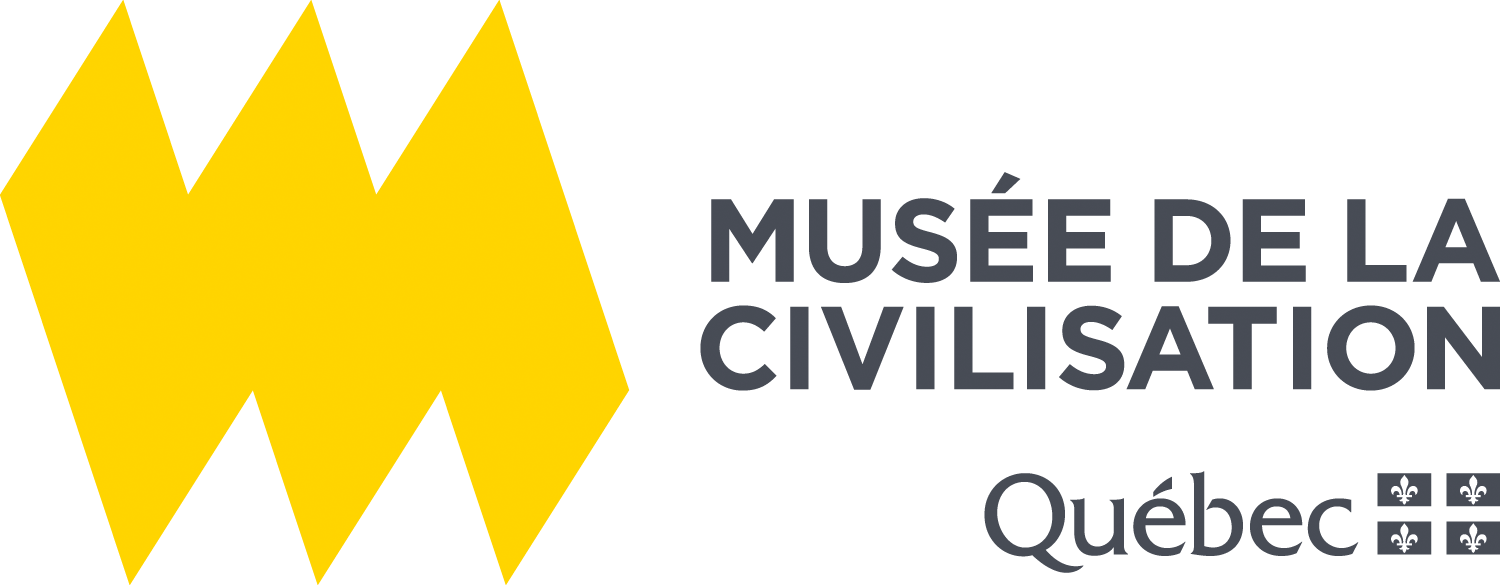The Huron-Wendat nation is part of the Iroquoian linguistic family.
Huron-Wendat society was divided into clans, each bearing the name of an animal: a clan is a group of people who are all related to each other. Among the Huron-Wendat, this family connection was defined by the mother or grandmother: it is said to be a matrilineal society. In addition, when the Huron-Wendat lived in longhouses, the mother or grandmother directed the family and daily life.
The village was run by two councils composed of men over 30 years of age: one council dealt with politics and the other with wars.
The Huron-Wendat traditionally lived on trading, first with other Aboriginal nations, with whom they would exchange agricultural products for copper or shells for example, and also with the French, to whom they supplied furs in exchange for metals and cloth.
Today, about 3,000 Huron-Wendat compose the Nation, with 1,300 living in Wendake. French has become their main language, but the community is working to give the Wendat language a more important place, for example, by teaching it to the children at school.

